Develop the knowledge, standards of conduct, leadership and professionalism required by police officers and police staff in England and Wales The College is a company limited by guarantee and an Arm's Length Body of the Home Office It is operationally independent of the Home Office 2Code of Conduct for Police Staff Page 2 of 5 Policy Statement Summary West Yorkshire Police (WYP) Code of Conduct for police staff is provided to set out the standard that the Force expects from all police staff employees The policy adheres to and supports the objectives of the Code of Ethics not protectively marked f 1 police and crime commissioner for leicestershire ethics, integrity and complaints committee report of chief constable subject ethical scenarios date friday 24 march 17 – 0 pm author dcc bannister purpose of report

Undercover Police Banned From Having Sex With The People They Are Spying On Under New Code Of Ethics Daily Mail Online
What is the code of ethics for police officers
What is the code of ethics for police officers-Lancashire Constabulary supports the Code of Ethics which are the Principles and Standards of Professional Behaviour for the Policing Profession of England and Wales Policing Principles Every person working for the police service must work honestly and ethically The public expect the police to do the right thing in the right wayLaw Enforcement Code of Ethics The IACP adopted the Law Enforcement Code of Ethics at the 64th Annual IACP Conference and Exposition in October 1957 The Code of Ethics stands as a preface to the mission and commitment law enforcement agencies make to the public they serve




Competency And Values College Of Policing
Police officers and staff regularly face very challenging situations that require split second decisions to be made In these circumstances a solution to a problem isn't always clear cut or easy to make The College of Policing's Code of Ethics lays out standards of behaviour every police employee should aspire toBy the Code of Ethics Covert policing 14 The police service operates on the basis of openness and transparency This is essential to maintaining and enhancing a positive relationship between the policing profession and the community 15 To achieve legitimate policing aims, it is sometimes necessary to use covert tactics This is recognisedMuch, if not all, of the work of the UK Police circles around the document maintained by the College of Policing and called Code of Ethics (of the UK Police) This fundamental document of 13 pages lists 9 principles of work of the UK Police and 10 Professional Standards Those 9 principles are
Code of Ethics West Midlands Police is committed to ensuring that the Code of Ethics is not simply another piece of paper, poster or laminate, but is at the heart of every policy, procedure, decision and action in policing The Code of Ethics is about selfawareness, ensuring that everyone in policing feels able to always doIntegrity and transparency Ensuring that the people who work for the police uphold the values of the service, strive to do the right thing in all situations and have the public's confidenceEthics, equality and inclusion We strongly believe in the National Police Chiefs' Council (NPCC) guidance that supports us to ensure that our behaviour, actions and decisions will always be in support of the public interest We value public trust and confidence in policing
This Code applies to the conduct of police officers in all ranks whilst on duty, or whilst off duty if the conduct is serious enough to indicate that an officer is not fit to be a police officerFor example, a Transparency International UK study on codes of conduct in defence ministries and armed forces recommends that any defence and security sector ethics system include (11) a statement of values including such values as integrity, honesty, and diligence CODES OF ETHICS FOR THE POLICE Codes of Ethics Police ethics and integrity, college of policing, code of ethics, 'blue code' of silence, police corruption References Alderson, J ( 1998 ) Principled Policing




Oversight Of Biohacking When The Stakes Are High Voices In Bioethics
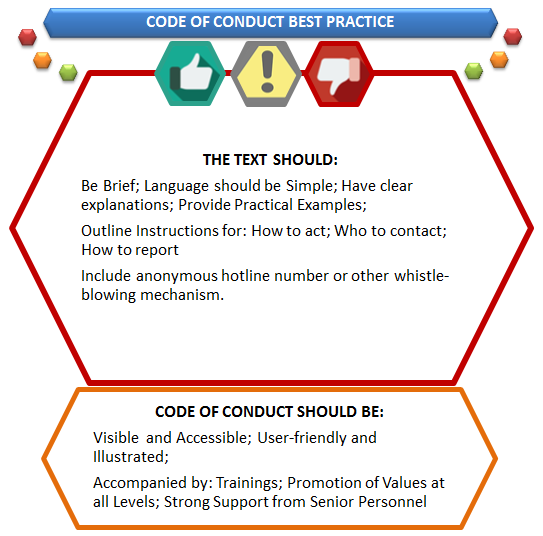



Codes Of Conduct Security Sector Integrity
The Code of Ethics was produced by the College of Policing in 14 in its role as the professional body for policing It sets and defines the exemplary standards of The POLICE CODE OF CONDUCT is effectively a set of rules which govern how serving police officers should behave at all times By breaking any of these rules they can be held accountable for misconduct Personally, I have never come across a single police officer that doesn't break at least one of these rules within the first five minutes of speaking to them Code of Ethics launched The College of Policing has written a new Code of Ethics for all police forces across the UK




Introduction The Code Of Ethics The Policing Principles




History Development Of Police Studocu
11 The standards of professional behaviour, as reflected in the Code of Ethics, are a statement of the expectations that the police and the public have of how police officers should behave They are not intended to describe every situation but rather to set a framework which everyone can easily understand They enable everybody to know what type of conduct by a police officer is17 CITY OF LONDON POLICE POLICING PLAN 5 National Police Code of Ethics Our values, which encompass the Code's nine principles, underpin everything we do Adhering to them enables us to demonstrate not only our commitment to the national Police Code of Ethics, but also to deliver it To support the Police Code of Ethics, we will –The Code of Ethics of the Academy of Criminal Justice Sciences (ACJS) sets forth 1) General Principles and 2) Ethical Standards that underlie members of the Academy's professional responsibilities and conduct, along with the 3) Policies and Procedures for enforcing those principles and standards
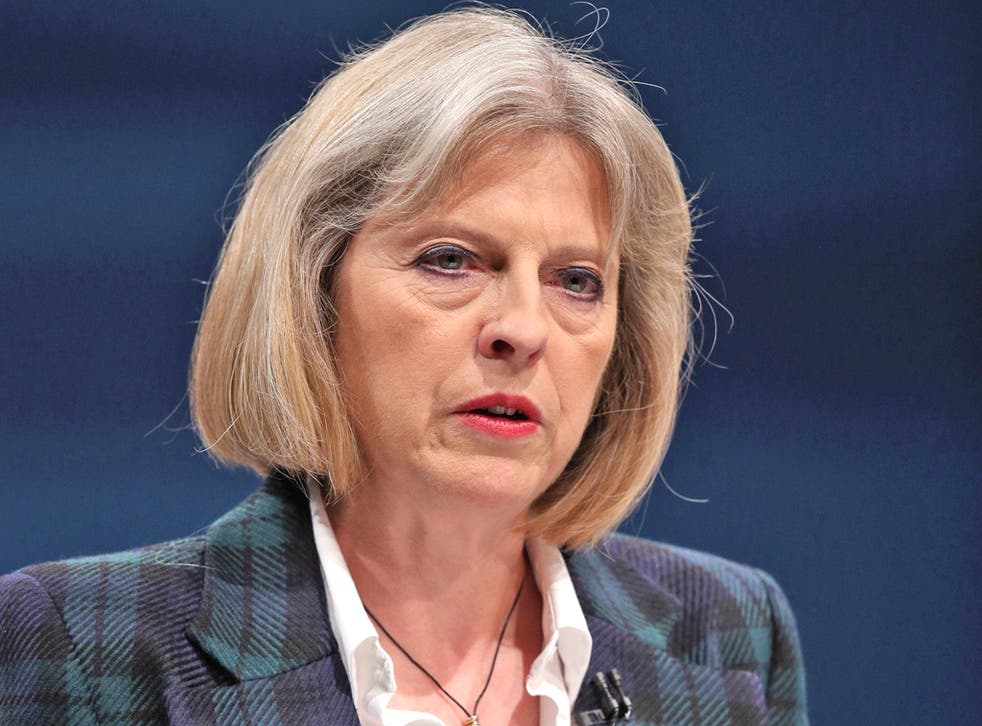



Theresa May Announces New Code Of Ethics For Police The Independent The Independent




The Only Way Is Ethics Rank Success Blog
The framework is also underpinned by the Police Code of Ethics which is the national policing code of practice setting out the principles and standards of professional behaviour for the policing profession in England and WalesIdentify experimental studies that have specifically examined the impact of codes of ethics on professional conduct This small scale and narrowly focused review was carried out over a short timescale to inform the development and implementation of the Code of Ethics for the policing profession of England and WalesFor example, the United Kingdom adopted a national code of ethics in April 14, while in the United States, most police departments adopt the code of ethics (adopted) by the International Association of Chiefs of Police, though they are not required to



Www Durham Police Uk Information Rights Information Rights Documents Code Of Ethics Pdf



Http Www I Develop Cld Org Uk Pluginfile Php 7015 Mod Label Intro Ethical practice Pdf
Of all men to liberty, equality and justice (The Police Code of Ethics, 1992 IACP version) In England, Sir Robert Peel in 19 created what is often referred to as the first professional police force This police force obtained its authority from the commonlaw legal obligation and Police must be held accountable for all decisions they make Having legislation such as the Oath of Office, Statement of Values and the Code of Conduct and Ethics policy are significant and purposeful and all behaviours should be based on these guidelines to uphold the law & keep the peace Reference Findlay, M (04)Professional Ethics, Cleveland Chief Constable Jacqui Cheer Further details are listed at Appendix 1 Format The Organisational Model is based on the Integrity Model developed for the police service by Transparency International UK and approved by the Association of Chief Police Officers in 11




Code Of Ethics Isrrt




Undercover Police Banned From Having Sex With The People They Are Spying On Under New Code Of Ethics Daily Mail Online
The code of ethics is a code of practice for the principles and standards of professional behaviour for the policing profession of England and Wales The standards of professional behaviour that are expected of every member of our workforce are contained in the Code of EthicsCode of Ethics Dorset Police adopted the national Code of Ethics in April 14 The Code is at the heart of every decision made by each and every officer, every dayMPS Information Code of Conduct An Information Code of Conduct applicable for all MPS personnel, members of the wider police family and certain partners It details the personal responsibility and duty of confidentiality owed by all staff to the Commissioner of Police of the Metropolis and MOPAC
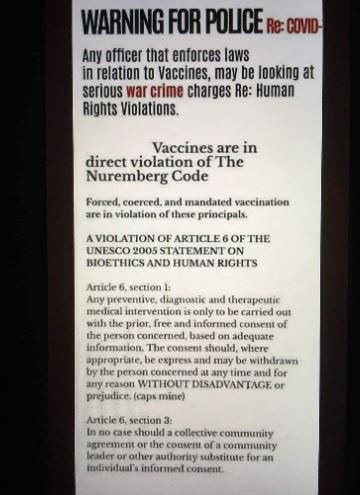



Do Vaccinations Violate Human Rights Under The Nuremberg Code




Home
"practice requiring improvement" means underperformance or conduct not amounting to misconduct or gross misconduct, which falls short of the expectations of the public and the policeThe Code of Ethics is a first for everyone who works in policing in England and Wales It sets out the principles and standards of behaviour we expect to see from police professionals It applies to every individual who works in policing, whether a warranted ocer, member of police staff, volunteer or someone contracted to work in a police forceThe Code of Ethics was created by the College of Policing, the professional body for police, and laid in Parliament in July 14This video explains what you



2




Leveson Inquiry Wikipedia
The police code of ethics is more public service based than crime fighter based It states the way police officers should relate with the public more than how they should fight crimes Very lenient terms are used in the few instances, whereby the fighting of crimes is addressed in the code It forbids the police from using force, which in most The aim of this code of ethics is to support each member of the policing profession to deliver the highest professional standards in their service to the public EthicalThe Code of Ethics comprises 9 policing principles and 10 standards of professional behaviour The policing principles originate from the 'Principles of Public Life' published by the Committee on Standards in Public Life in 1995 and are direct reflection of public expectation



Www West Midlands Police Uk Flysystem Public Sync Inline Files Code Of Ethics Pdf




New Materials Code Of Ethics Police Assessment Centre Training
Code of Ethics 08 The Code of Ethics is undoubtedly one of the success stories in advancing the human rights agenda within the PSNI It has attracted national and international attention, with the College of Policing in England and Wales and Police Scotland both drawing learning from the PSNI when devising their respective Code of Ethics TheIt compares responses from police officers in UK three forces, looking at potentially corrupt behaviours described in a series of scenarios The discussion includes why some types of misdemeanour seem more likely to be reported and the potential effects of a newly introduced formal Code of EthicsChief Constable, Lincolnshire Police The Code of Ethics for the police service in England and Wales has been in place for a number of years and continues to provide a framework that ensures policing is formally recognised as a skilled profession Developed by the College of Policing, the Code of Ethics has endured the test of time




Code Of Ethics



Q Tbn And9gcs7id4bbwzsaj8mlpxs8yx Afvq9 Dpuli4adny9u54ltdfqt Usqp Cau
Appendix C The College of Policing's Code of Ethics 115 Appendix D APCC Ethical Good Practice Framework 117 Appendix E Ethics Committees 1 Appendix F Police and Crime Panels 124 Appendix G Police and Crime Panel best practice 128 Appendix H Transparency desk research 14 130 Appendix I Methodology 134Police Accountability research papers examine the expectations of police officers and discuss their responsibilities as public servants Use of Deadly Force by Law Enforcement Research Papers look at the political, legal, and social side to this debate Police Ethics research papers discuss the ethical code the police officers must uphold in order to protect and serve Section 10 of the Police Code of Ethics states that unethical or unprofessional behaviour on the part of a policing colleague should never be ignored 'irrespective of the person's rank, grade or role' (College of Policing, 14 15)



Assessing The Real Purpose Of The Police Code Of Ethics Insight



Assets Publishing Service Gov Uk Government Uploads System Uploads Attachment Data File Misconductperformattendancejuly14 Pdf
Code of Ethics, which applies to police staff as well as police officers It is the duty of the Force to ensure that reported concerns are properly considered and responded to If the Force is openly seen to tackle the issue of poor standards, this will increase public confidence in GMPThis code was established by the Peace Officer's Research Association of California in 1956 and since then has made its way throughout the country to Police departments and its officers Many department mission statement have been derived from the very words that appear on the code of ethics This code of ethics is as follows Law enforcementThe aim of this Code of Ethics is to support each member of the policing profession to deliver the highest professional standards in their service to the public




Policing And Ethics Panels Are They Really Working Police Hour



4 Impacts Of Proactive Policing On Crime And Disorder Proactive Policing Effects On Crime And Communities The National Academies Press
The Code of Ethics – Summary OFFICIAL 1 The College of Policing developed the Code of Ethics on behalf of every member of the policing profession of England and Wales 2 The work was carried out by the College's Integrity Programme in association with the national policing lead for Ethics and the national policing lead for Professional




Ethics For Police Translators And Interpreters 1st Edition Sedat



Full Article Private Policing Of White Collar Crime Case Studies Of Internal Investigations By Fraud Examiners
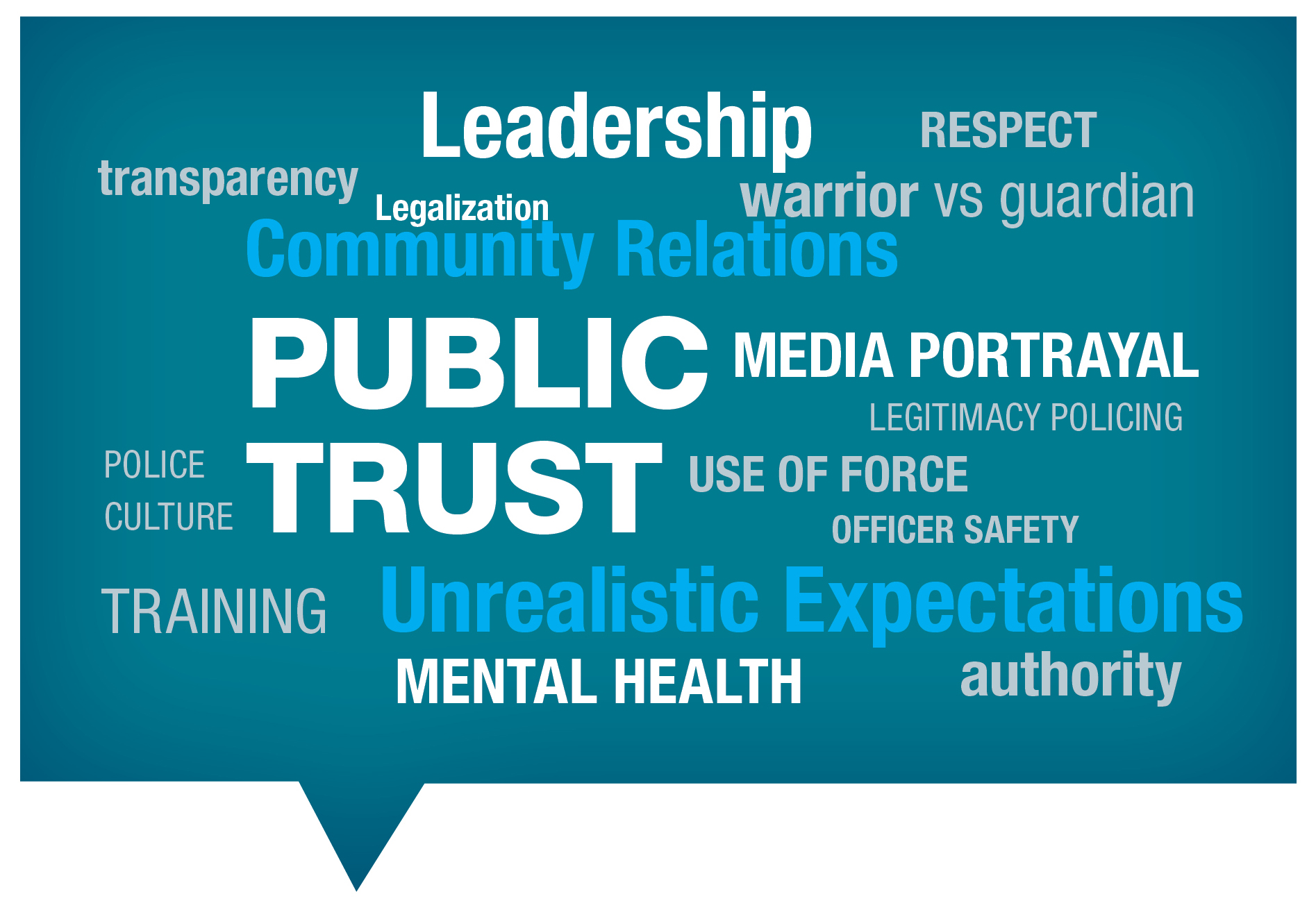



Teaching Ethics In The Training Academy A State Of The Art Approach Police Chief Magazine
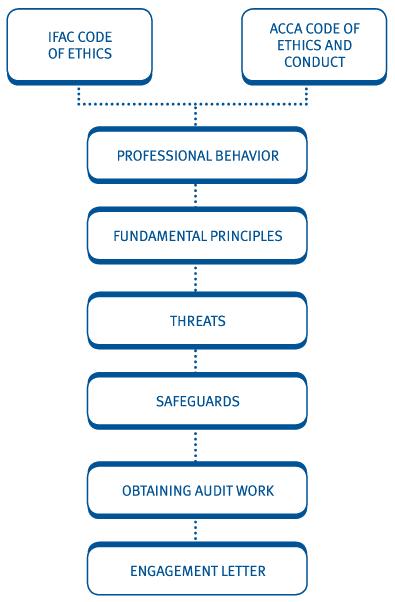



Chapter 4 Ethics And Acceptance Of Appointment




Legal And Ethical Main Oral History Society
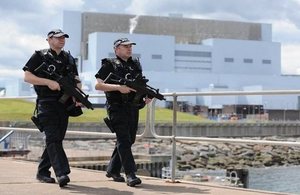



Code Of Ethics Launched Gov Uk




Competency And Values College Of Policing




Safer In Kent Plan




Code Of Ethics Dorset Police
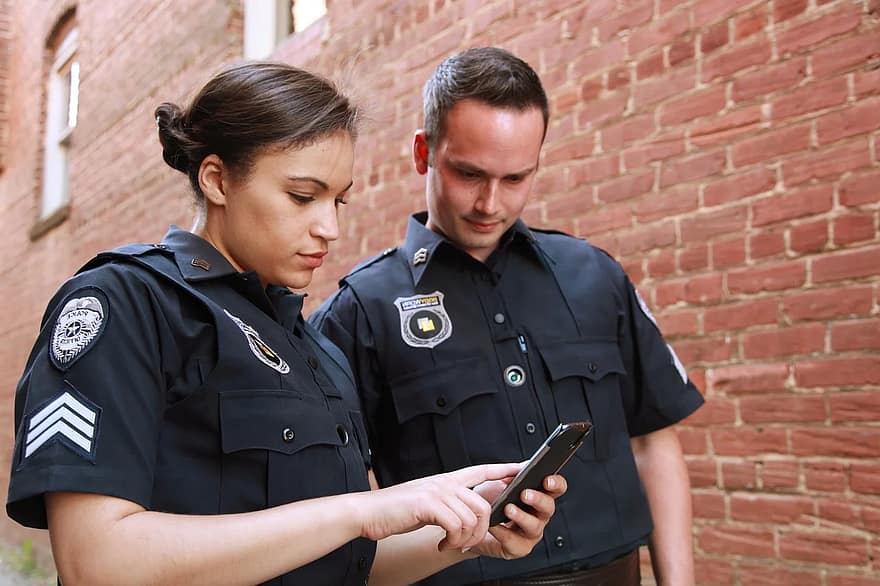



Is Over Policing The Future Development Of The Uk Law Enforcement Data Service Leds Privacy International
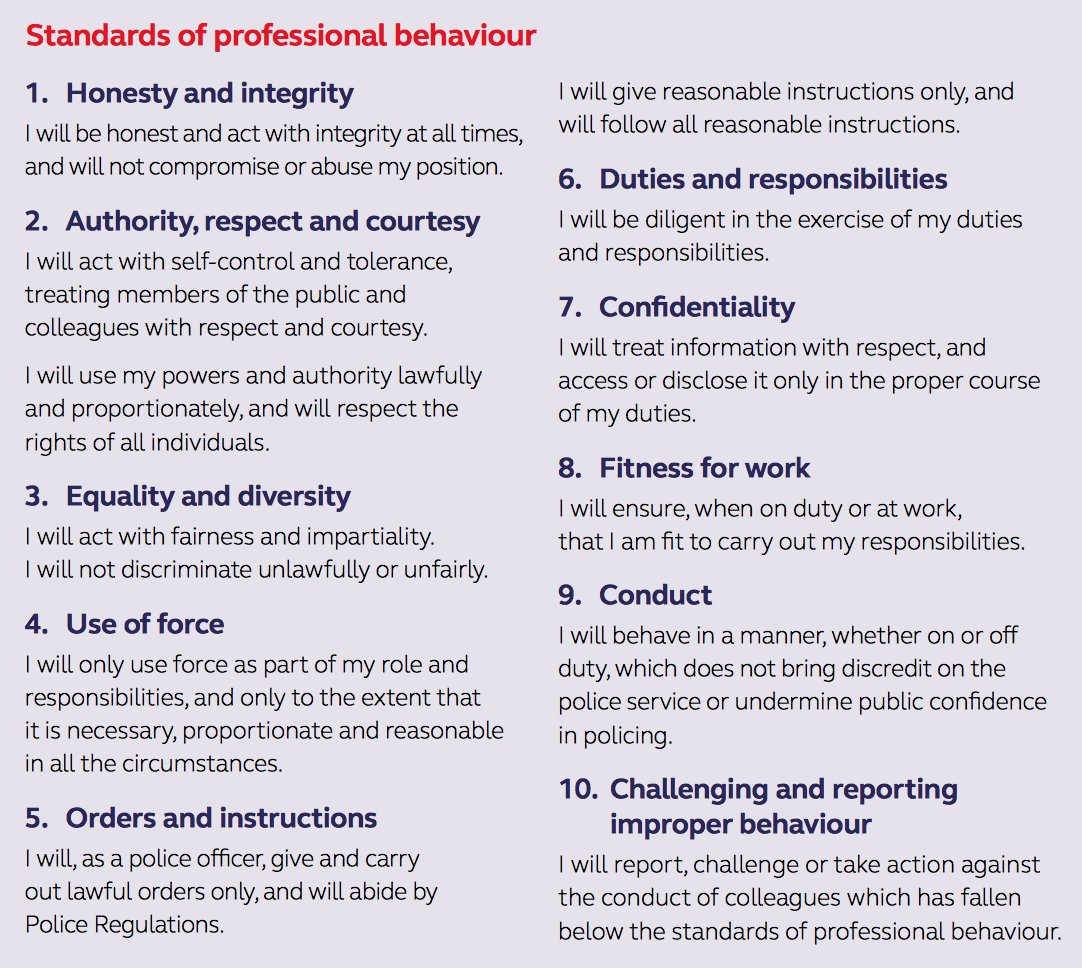



Oliver Scott Curry Code Of Ethics For The Policing Profession Of England And Wales Ethicalatlas T Co D2oxkbaaqc




New Materials Code Of Ethics Police Assessment Centre Training




3 04 Ethical Practice In Policing Centre For Policing Research And Learning
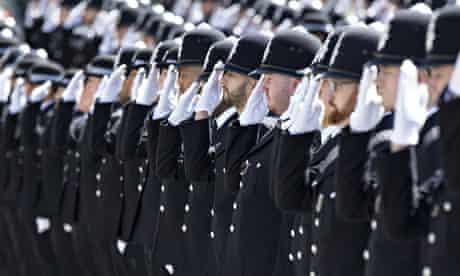



Police Chiefs End Clampdown On Whistleblowers To The Media Police The Guardian
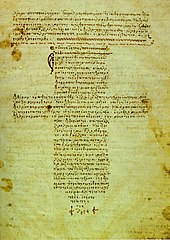



Medical Ethics Wikipedia



Www Hsdl Org View Did




Acro Criminal Records Office Join Us



Technology And Police Operations National Police Foundation



Www Abdn Ac Uk Psychology Documents Ethics Bps July04 Guidelines For Ethical Approval Pdf




Ethics College Of Policing




X9smujbu3nm8dm



Assets Publishing Service Gov Uk Government Uploads System Uploads Attachment Data File Cspl Print Nc Pdf




Police Face New Ethical Dilemma In Increasingly Digital World Law The Guardian



Www Ckpelearning Co Uk Wp Content Uploads 17 09 All Student Notes Pdf



Q Tbn And9gcr2vydvpttaj 0su68xxcl8cgqz7rascgnn3qzt4eg3pmwi0eqy Usqp Cau



Www Uwtsd Ac Uk Media Uwtsd Website Content Assets Documents Research Research Ethics Integrity Code Practice Pdf




Code Of Ethics Uk
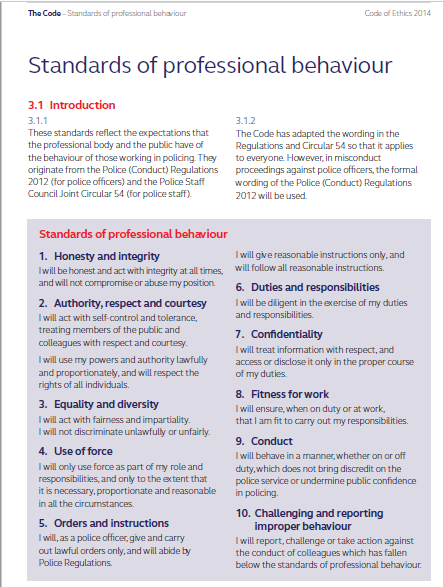



Complaint Against Lgbtpoliceuk Fair Cop



Www Nipolicingboard Org Uk Psni Code Ethics




Police Discipline The New Code Of Ethics And The Police Conduct Regulations 12 Corrupt Police




The Ethics Of Future Policing In Europe Prof Ppt Video Online Download



Www Npcc Police Uk Documents Npcc understanding disproportionality in police complaint misconduct cases for bame police officers and staff 19 Pdf




Pdf Police Ethics And Integrity Keeping The Blue Code Of Silence




Line Of Duty Two Ex Anti Corruption Officers On How The Police Actually Catch Bent Coppers
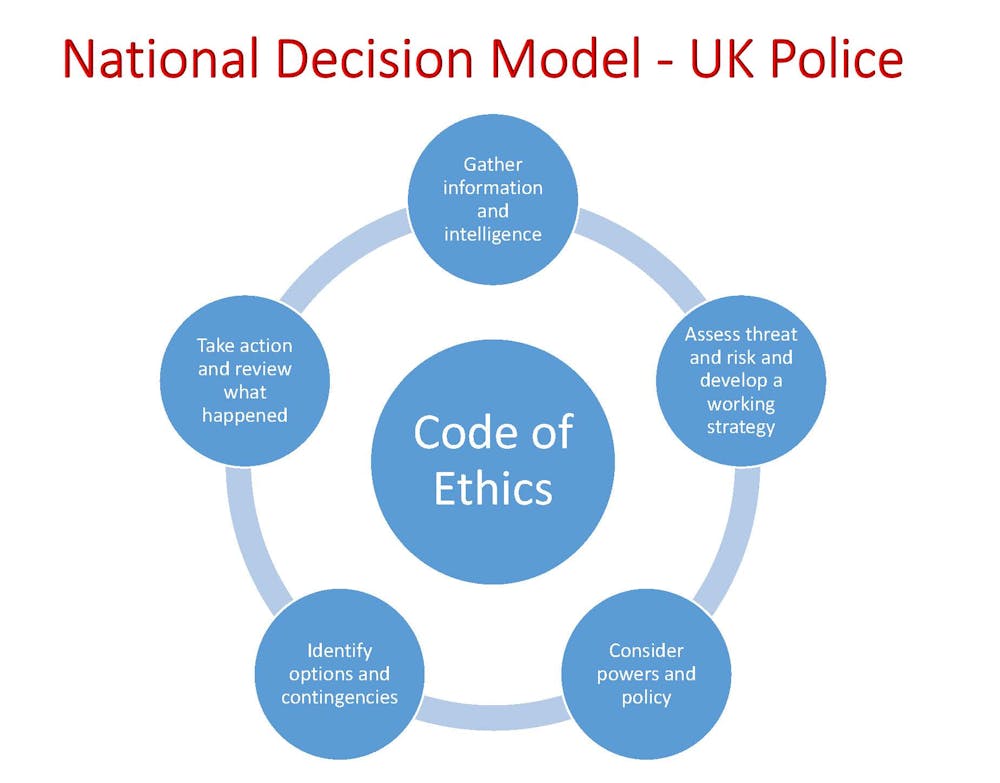



Police Pursuits When Does The End Justify The Means



2



1




Code Of Ethics Uk



Q Tbn And9gcqjqqzew87m0n4qbrmwjj9caa3s0ham3b0qtrttddw Usqp Cau



Ethics In Law Enforcement




The Peace Model Of Investigation Interviews




Code Of Ethics Dorset Police




Our Force




Jjpjfx Wy4 Yvm




Rude Police Officers To Be Formally Punished Under New Rules The Independent The Independent



2
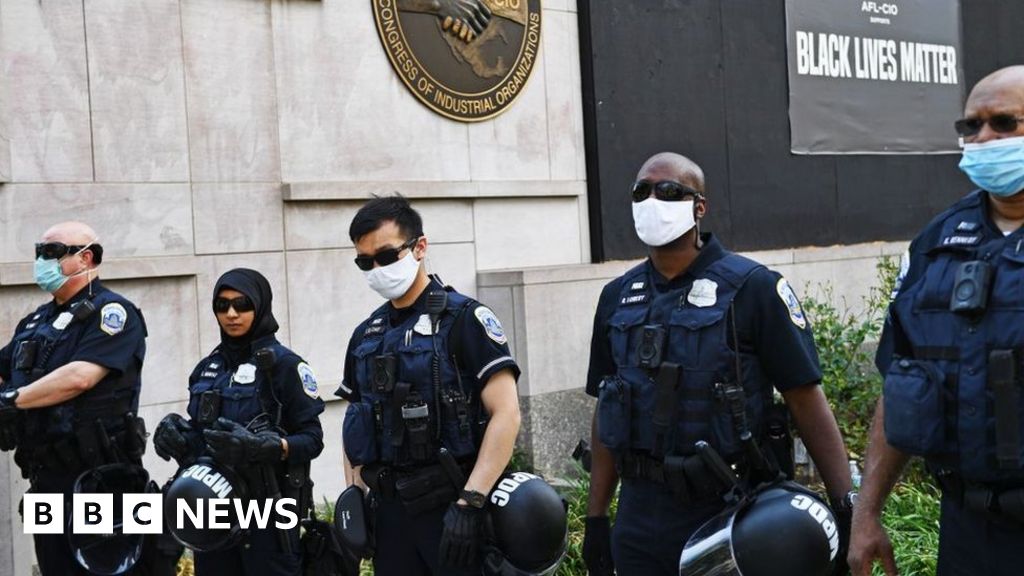



George Floyd Death What Us Police Officers Think Of Protests c News




Victims Code Of Practice Syp
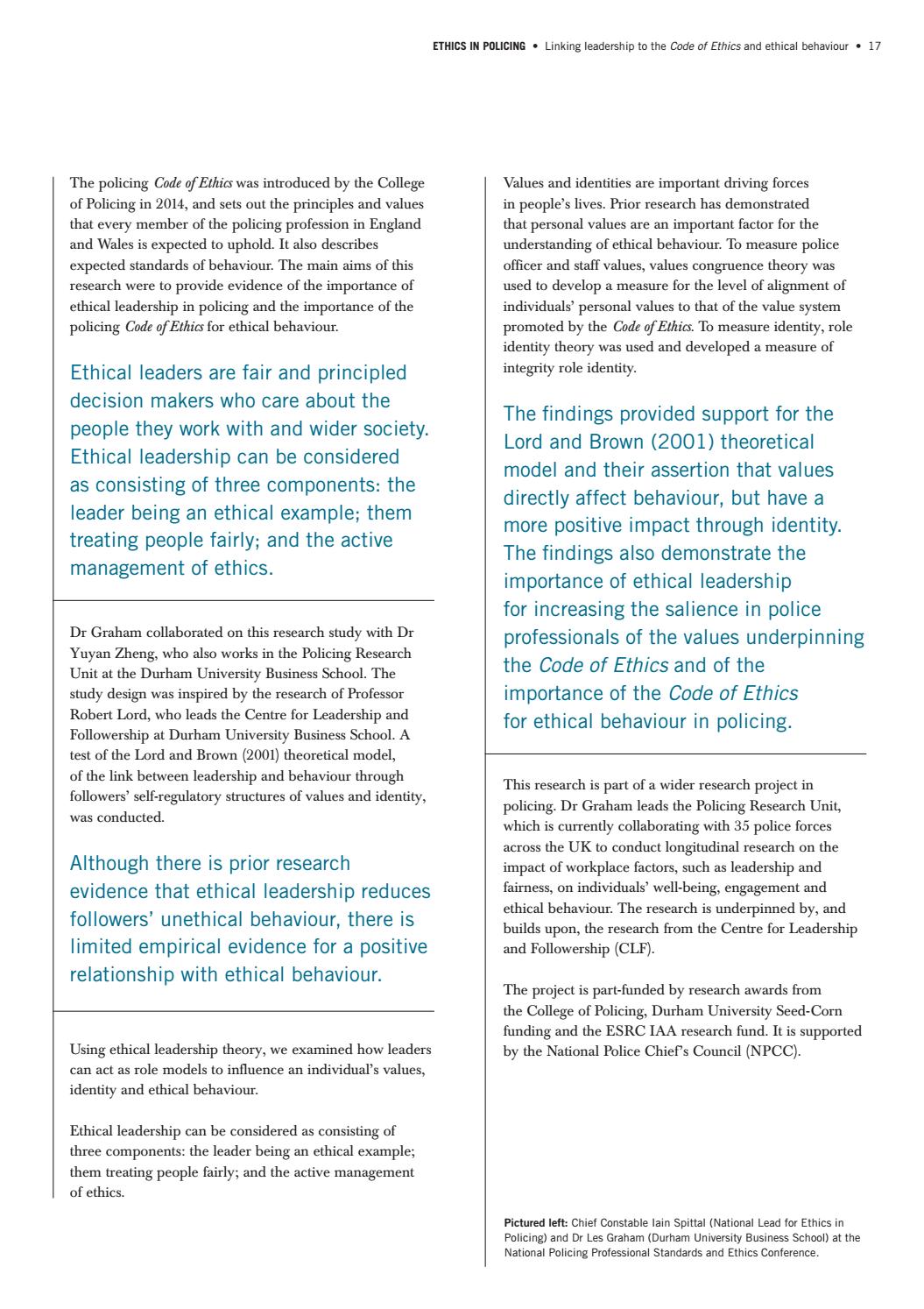



Impact Magazine Issue 3 By Durham University Business School Issuu




Pdf Decision Making For Uk Police On The Transportation Of Casualties With Life Threatening Injuries



Www Runnymedetrust Org Uploads Race and policing v5 Pdf




Oliver Scott Curry Code Of Ethics For The Policing Profession Of England And Wales Ethicalatlas T Co D2oxkbaaqc




Covid 19 Pandemic Ethical Guidance For Social Workers Www Basw Co Uk




Code Of Ethics Uk




Guidance For Public Service Interpreters Police Ciol Chartered Institute Of Linguists
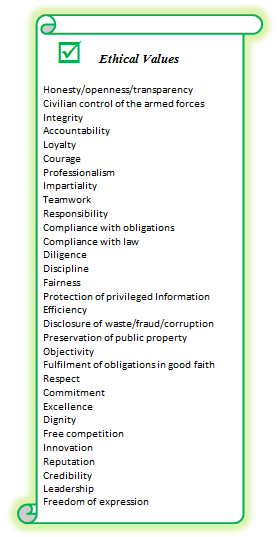



Codes Of Conduct Security Sector Integrity




Why Did The Boys In Blue Turn Into The Boys In Black Part 3
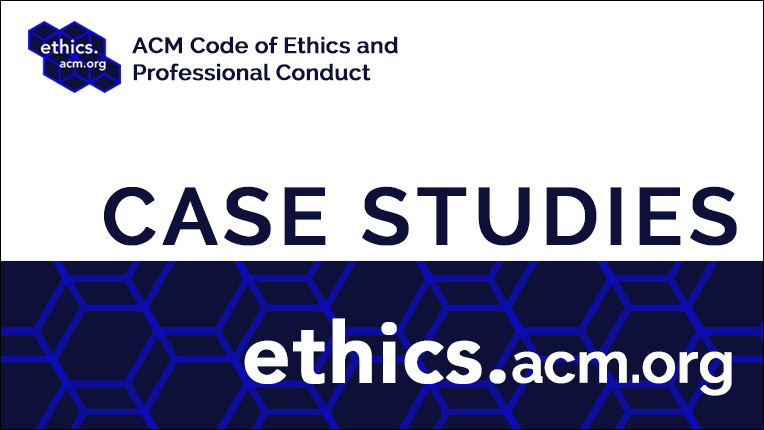



Code Of Ethics Case Studies
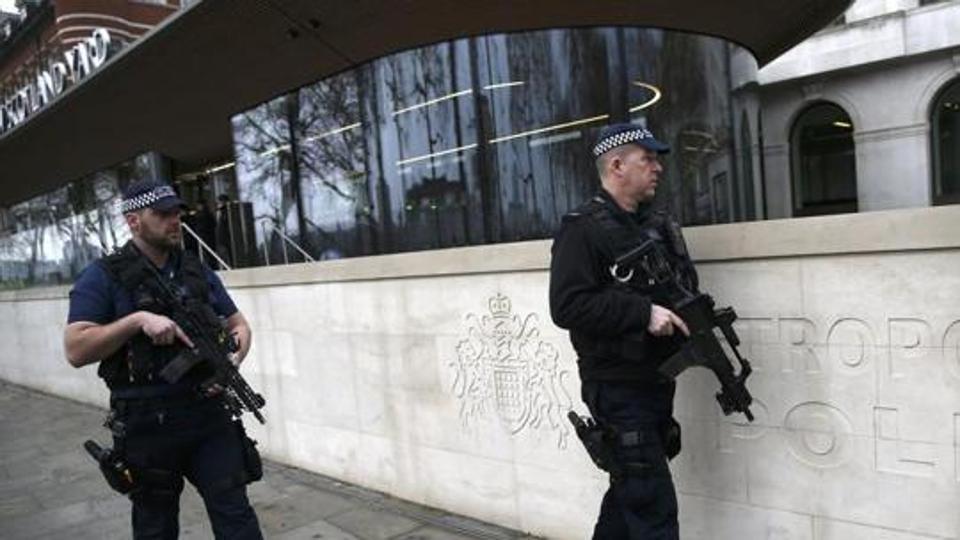



Uk Police To Get Stricter With Fines For Covid 19 Lockdown Breaches World News Hindustan Times




Code Of Ethics Uk




Membership C College Of Policing Limited Agenda Membership Of The College Of Policing Progress To Date And Future Plans Frontline Champions Panel Ppt Download




Our Code Of Ethics Vision And Values Nottinghamshire Police
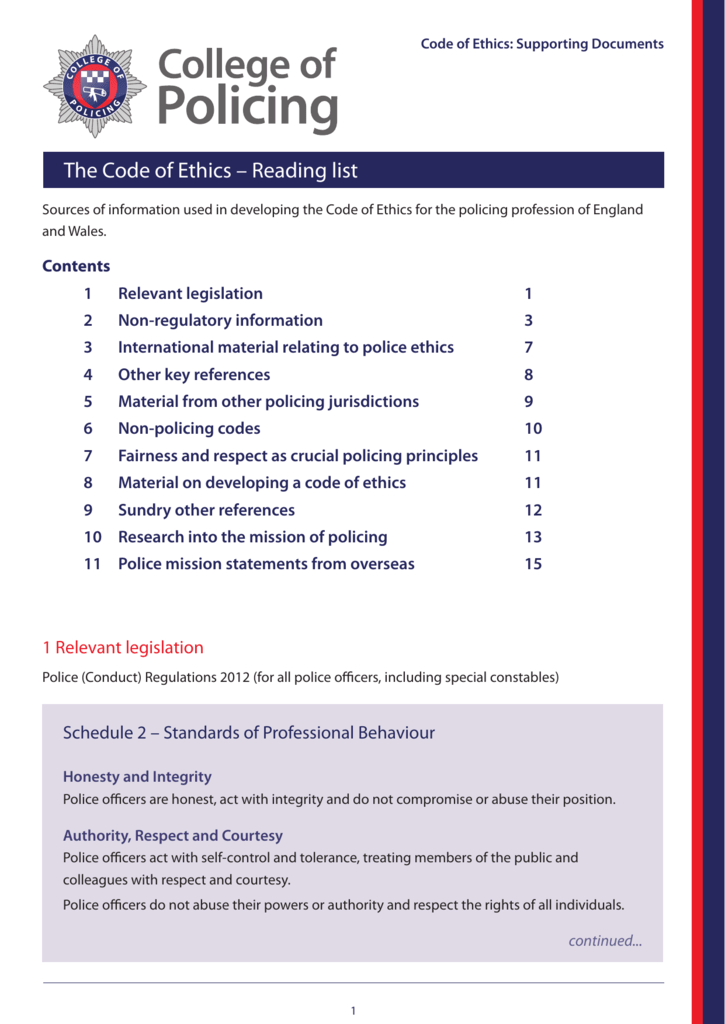



The Code Of Ethics Reading List



2



Www Ckpelearning Co Uk Wp Content Uploads 15 07 1 1 Ethics Of Professional Policing Student Notes V2 01 Pdf




W Yorks Police Firearms Licensing Dept In Breach Of Policing Code Of Ethics Raptor Persecution Uk
.jpg)



Leighton Cooperates With Police On Possible Ethics Breach



Foi West Midlands Police Uk Wp Content Uploads 19 07 Social And Digital Media Policy Pdf
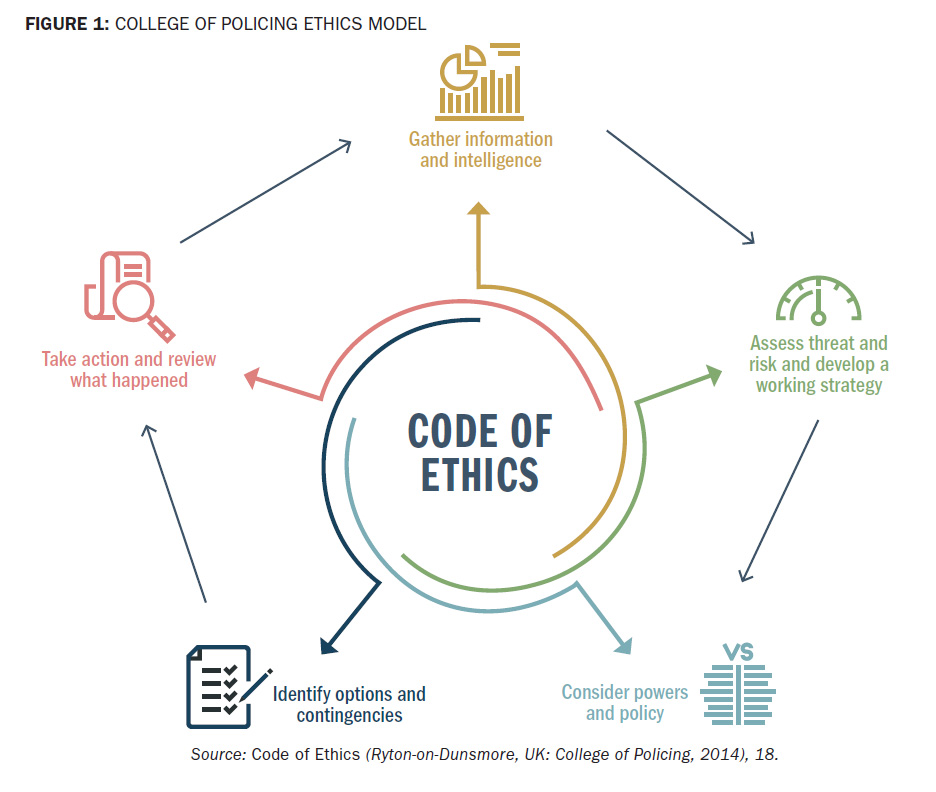



Figure1college Of Policing Ethics Model Police Chief Magazine




Establishing An Ai Code Of Ethics Will Be Harder Than People Think We And Ai




Ethics In Counselling Pdf Top 5 Counseling Assignment Tips




Police Ethics Free Essay Example



Www Northants Police Uk Syssiteassets Media Downloads Northamptonshire About Us Code Of Ethics Booklet Pdf
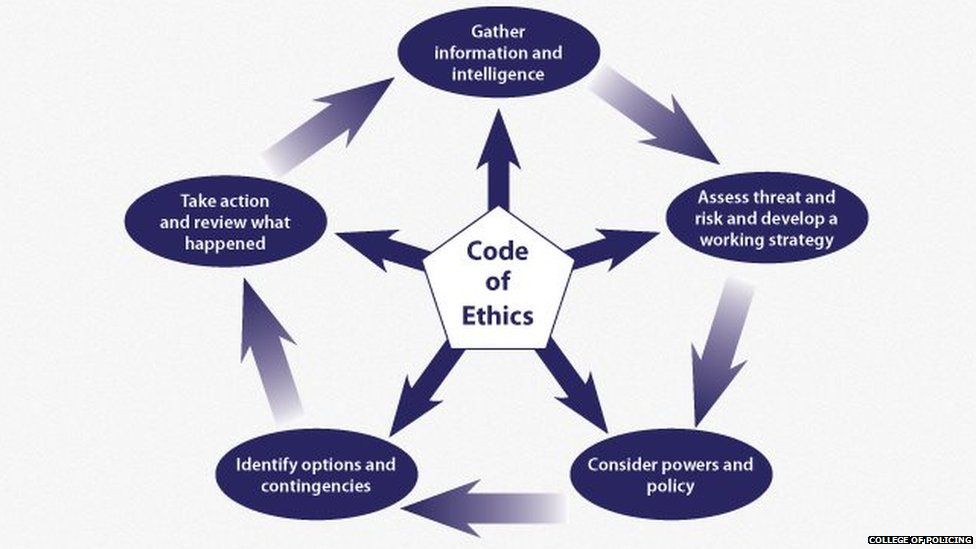



When Can The Police Use A Taser c News
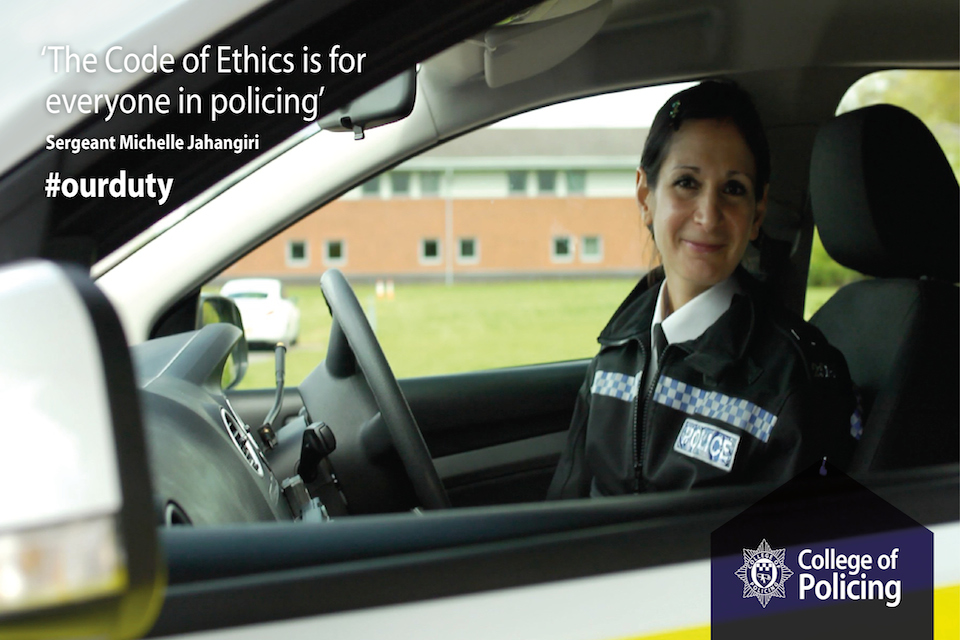



Code Of Ethics Launched Gov Uk








What Next For Police Technology And Ethics Centre For Data Ethics And Innovation Blog
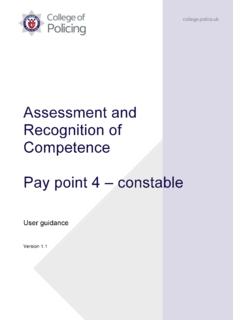



Code Of Ethics College Of Policing Code Of Ethics College Of Policing Pdf Pdf4pro
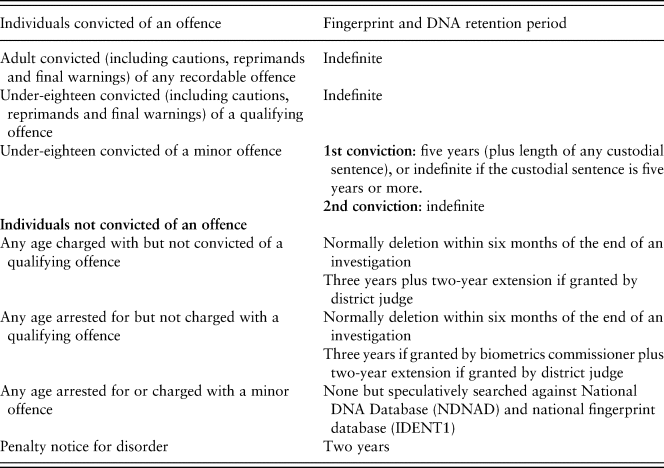



Was This An Ending The Destruction Of Samples And Deletion Of Records From The Uk Police National Dna Database Bjhs Themes Cambridge Core



Citeseerx Ist Psu Edu Viewdoc Download Doi 10 1 1 431 1012 Rep Rep1 Type Pdf
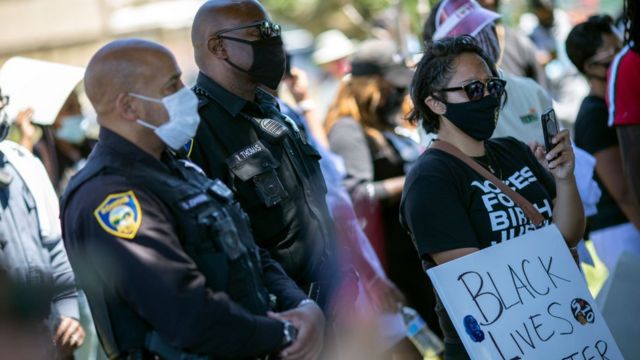



George Floyd Death What Us Police Officers Think Of Protests c News




The Code Of Ethics Of The Uk Police Explained appp Association Against Abuse Of Police Powers And Privileges



0 件のコメント:
コメントを投稿